Corruption and economic development: new variables in the mix
BEVERLEE B. ANDERSON, CALIFORNIA STATE UNIVERSITY, USA
Purpose: The purpose of the paper is to explore the relationships that are thought to exist between the corruption within a country and additional selected components that contribute to a country’s sustainable economic development across regions of the world.
Design/methodology/approach: Using data from the World Bank on various aspects of development, data from Transparency International on perceptions of types and levels of corruption, and information on government types from the CIA World Fact Book, a series of statistical models were developed to examine relationships among corruption in its various forms and dimensions of economic development.
Research limitations: The research is limited by the availability of data from the sources over the time frame examined.
Findings: The findings are mixed, showing that some types of corruption have greater negative impact on specific aspects of economic development; however, it appears that the effect may be moderated by other country factors.
Originality/value: The study adds information on female participation rate, Strength of Legal Rights Index and the GINI Index into the mix.
Practical implications: Corruption’s impact on economic development may be moderated by cultural and “other” factors.
Keywords: Corruption levels and Economic Development, FDI, GDP growth and Capital Formation, GINI
Paper type: Research paper
Note: This is an updated version of a paper that appeared in WASD Outlook 2012.
